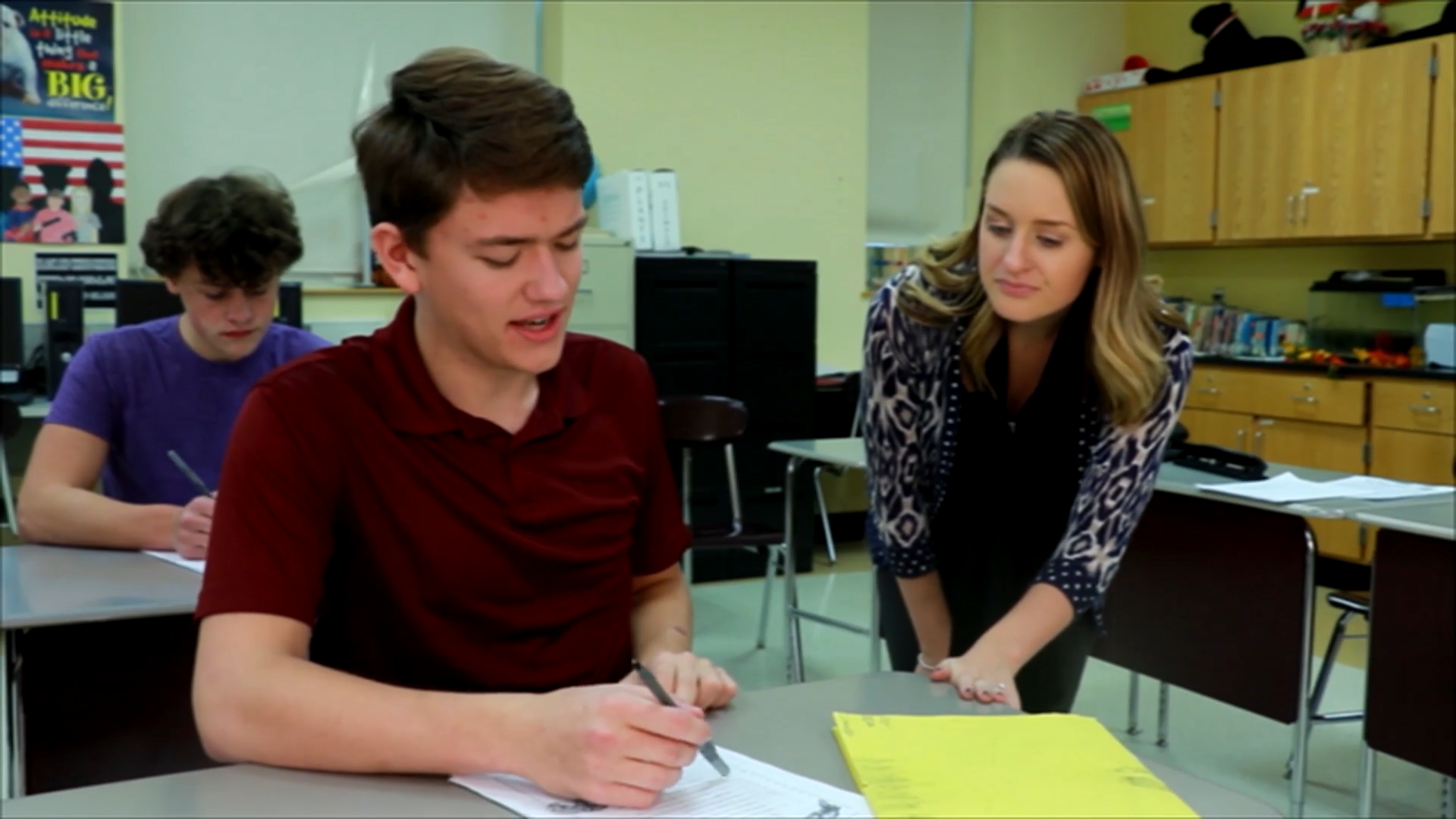
Introduction
Developing effective communication skills is a crucial aspect of a student’s overall growth, and one essential skill to cultivate is the ability to ask for help. This blog post explores the importance of teaching elementary students how to seek assistance when they face difficulties in their academic work. By incorporating principles of Social-Emotional Learning, educators can create a comfortable environment where students feel empowered to ask questions and seek guidance.
No-Prep Activity: Role-Playing
One effective way to teach students the skill of asking for help is through role-playing. This activity requires no preparation or materials from the educator, making it an ideal option for busy classrooms. Here’s how it works:
- Divide students into pairs, with one student acting as the “teacher” and the other as the “student.”
- Provide a scenario where the “student” encounters difficulty in their work and needs assistance.
- Instruct the “student” to practice asking for help from the “teacher,” using clear and respectful language.
- Encourage the “teacher” to respond positively and offer guidance, reinforcing the idea that asking for help is a positive and necessary action.
- After a few minutes, have the pairs switch roles and repeat the process.
This activity helps students build confidence in their ability to ask for help and reinforces the importance of seeking assistance when needed.
Discussion Questions
To stimulate further discussion and reflection on the skill of asking for help, consider posing the following questions to your students:
- Why is it important to ask for help when you’re having trouble with your work?
- How does asking for help make you feel? Why do you think that is?
- What are some ways you can ask for help without feeling embarrassed or ashamed?
- How can you support your classmates when they ask for help?
- How can teachers make it easier for students to ask for help in the classroom?
Related Skills
Along with teaching students how to ask for help, it’s essential to develop related skills that contribute to effective communication and a positive classroom environment. Some of these skills include:
- Active listening: Encourage students to pay close attention to others when they speak, ask clarifying questions, and show empathy.
- Collaboration: Teach students how to work together effectively, share ideas, and support one another in group projects.
- Self-advocacy: Help students understand their needs and rights and empower them to communicate these needs to others.
- Growth mindset: Foster a belief in students that they can improve and learn through effort, persistence, and seeking help when needed.
Next Steps
Teaching elementary students how to ask for help is a vital skill that will serve them well throughout their academic and personal lives. To access free samples of lesson materials and activities related to this skill and others, we encourage you to sign up at Everyday Speech. By incorporating these resources into your classroom, you can help your students develop the communication skills necessary for success.

